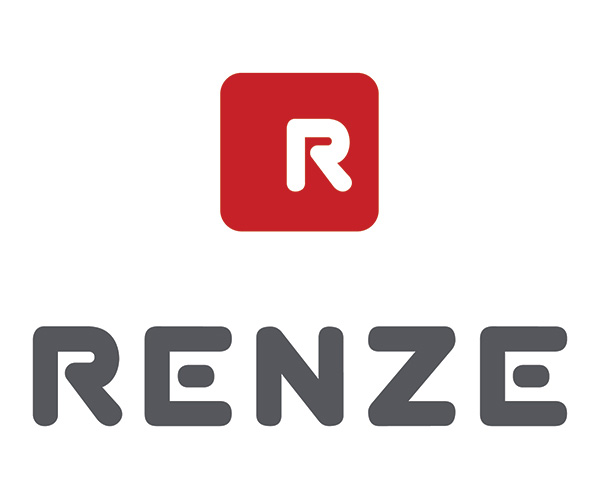March 31, 2016 Facebook LinkedIn Twitter
Clark Rector Jr., Executive Vice President–Government Affairs
Ad Tax Threats Possible in States
Increased Scrutiny for DTC Ads
Food Advertising Update
FCC Chairman Proposes Broad Privacy Restrictions
Ad Tax Threats Possible in States
Since many state legislatures only meet for a few weeks or months in the beginning of the year, and nearly all must meet early year budget deadlines, talk of taxing advertising usually occurs in the winter and spring. 2016 is no exception. The AAF has received reliable reports that taxing advertising has been the subject of discussion by some lawmakers in Illinois, Louisiana, Oklahoma, West Virginia and the city of Tucson, Arizona.
At this writing, none of the ad taxes are thought to be serious threats. In fact, there does not even appear to be legislative language for them. However, the fact that lawmakers discuss them as a revenue raising option underscores how persistent the ad tax issue is.
The AAF has been in contact with local ad clubs and allied organizations in the states and is ready to mobilize should any of the proposals become serious threats. If any of the AAF’s members hear talk of taxing – or any other threat – to advertising, please contact Clark Rector, AAF EVP-Government Affairs, as soon as possible.
Increased Scrutiny for DTC Ads
Direct-to-consumer (DTC) advertising of pharmaceuticals has been receiving increased attention from lawmakers and regulators recently.
Sen. Al Franken, D-Minn., has introduced legislation to eliminate the federal tax deduction for the advertising of prescription drugs. In the House, Rep. Rosa DeLauro, D-Conn., has submitted a bill that would restrict DTC advertising in the three years following the drugs’ approval. In addition, the Department of Health and Human Services would be granted to prohibit the advertising of the drug after the three years if the department determines the drug has “significant adverse health effects.”
Last fall, Democratic presidential candidate Hillary Clinton proposed “cracking down on direct-to-consumer advertising.” She said she would eliminate corporate write-offs for direct-to-consumer advertising [costs] and establish required FDA pre-clearance for such ads. In one of the Democratic debates, Mrs. Clinton claimed to be proud to have pharmaceutical companies as one of her top enemies.
Additionally, last fall the American Medical Association called for an end to all prescription drug advertising. The AAF responded with a blog post explaining that far from being harmful, DTC advertising actually has many positive attributes for patients and their health.
Finally, the Food and Drug Administration has announced a new study to examine how the use of cartoons and animation in DTC advertising may affect viewers, including whether or not it obscures important safety and side effect information.
Food Advertising Update
Rep. DeLauro also has reintroduced a measure to amend the Federal tax code to eliminate tax deductions for advertising directed at children that promotes food and drink of “poor nutritional quality.
The Council of Better Business Bureaus and the National Confectioners Association have announced a new self-regulatory initiative that promotes responsible advertising to children. Under the Children’s Confection Advertising Initiative (CCAI), participating companies agree to not advertise directly to children under age 12. CCAI is modeled after the Children’s Food and Beverage Advertising Initiative, another CBBB-administered and AAF supported self-regulation program.
FCC Chairman Proposes Broad Privacy Restrictions
Federal Communications Commission Chairman, Tom Wheeler, has proposed a sweeping new set of privacy rules for Internet providers. Under the proposal, providers would need to seek explicit permission from customers before sharing their data with third parties, including marketers and advertisers.
If adopted, the rules would greatly limit Internet providers’ ability to offer third party advertising. In essence, the Commission would regulate Internet providers, such as telephone providers. The rules would not directly affect online services such as Google and Facebook.
The Commission’s claims of jurisdiction over online privacy stem from its recently enacted rules on net neutrality. Those rules are currently being challenged in court.
The AAF believes that the Federal Trade Commission is the appropriate regulator for online privacy matters. The AAF is also a strong supporter of the Digital Advertising Alliance, the advertising industry’s online privacy self-regulatory program.
The AAF Government Report is available to all members of the AAF. If you are interested in receiving an e-mailed copy, please e-mail government@aaf.org.
If you are interested in receiving the AAF SmartBrief, an opt-in news service, please visit www.smartbrief.com/aaf. The AAF SmartBrief condenses advertising industry news from dozens of media sources into a succinct, easy to read e-mail.




